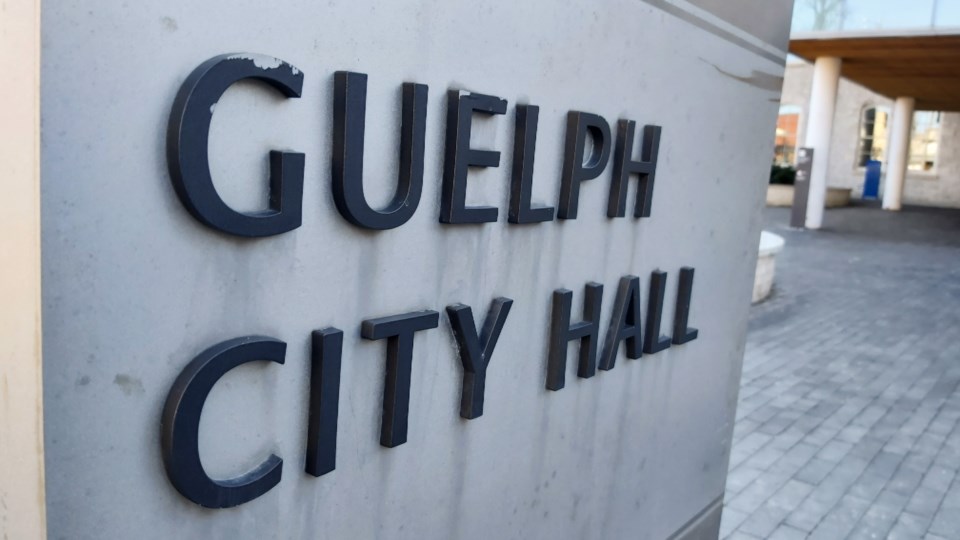GUELPH - Who's trying to influence decisions at city hall and about what?
Guelph residents may soon know the answer to those questions, thanks to the creation of a municipal lobbyist registry approved by council on Tuesday evening.
The registry, which will come into being on Oct. 1 but not be enforced until Jan. 1, requires lobbyists with a financial interest to publicly report each time they attempt to bend a council member’s ear, along with identifying their employer and details about the subject at hand.
Lobbying of senior city staff, members of advisory committees and city employees acting under designated or statutory authority are also covered under the bylaw.
No such requirements currently exist in the city.
The registry is to be made available for public viewing on the city's website.
In a report to council, city staff said a lobbyist registry is “a useful tool for promoting transparency and trust in local government. It provides a public record of individuals engaged in lobbying, including who they represent, who they lobby, and the issues they advocate for.”
However, it notes a registry “does not prohibit, minimize or reduce the effectiveness of lobbying and it places no limits on the amount or type of lobbying that can take place.”
The lobbyist registry would not be limited to business interests, but only covers communications connected to a financial interest. This is to “remain agnostic regarding for-profit and not-for-profit organizations,” the report states.
To expand the definition to include those without financial interest, like provincial and federal lobbyist registries, would make it far more complicated and costly, the report states, making any communication with an office holder “that is not a routine constituency/community issue would qualify as lobbying.”
This could be something as simple as a resident wishing to speak to staff or an elected official about traffic calming or waste collection.
Lobbyists will be required to act in keeping with the code of conduct, and the public could file complaints regarding non-compliance to the registrar.
Lobbying is a “necessary and productive part of the policy making process in a healthy democracy,” the staff report notes. “The purpose of the registry is to generate additional transparency and accountability, not to act as a punitive measure which disincentives open and frank dialogue between office holders and lobbyists.”
This could change, however, if there are too many repeat offenders.
The municipal lobbyist registry is to be reviewed by city staff after a year.
When council approved the idea of a municipal lobbyist registry back in April, the launched was expected on Sept. 1. The additional month is intended to allow staff time to develop the registry in-house.
